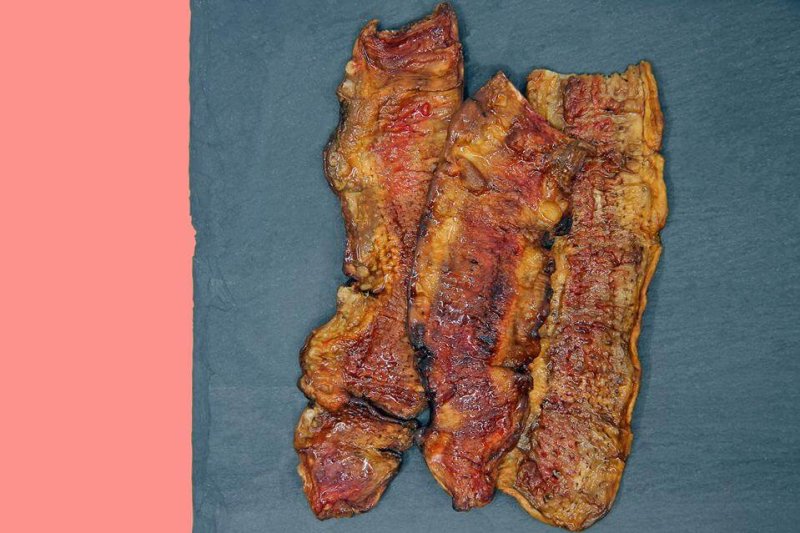The plant-based meat market is predicted to grow from $3.6 billion in 2020 to $4.2 billion by 2021. And by 2040, 60 percent of meat sales will be plant-based or cultured meat products.
Every movement has the trends that significantly shape its future and others that quickly die and are forgotten. Here are four trends for 2021 that are expected to last beyond the initial excitement.
1. Fermentation is king
Fermentation, using genetically engineered microbes to mass-produce plant-based proteins, is on the verge of dramatically altering our protein food system. The value of fermentation lies in the system’s simplicity, effectiveness and flexibility to be used across food categories. Perfect Day uses fermentation to make dairy-like products while startups such as Clara Foods are focusing on egg substitutes.
3. An opportunity in whole cuts
While the alternative protein industry has made huge strides in the areas of ground beef and processed products such as chicken nuggets or fish sticks, a huge section of the meat market that has yet to be successfully tapped into is whole cuts. In fact, according to a USDA agricultural marketing and economic report, about 80 percent of meat purchases are whole cuts such as chicken breasts, steaks and loins… Atlast and Meati use precise mushroom cultivation to produce whole cut substitutes that taste and act like the real heterogenous meat versions.































